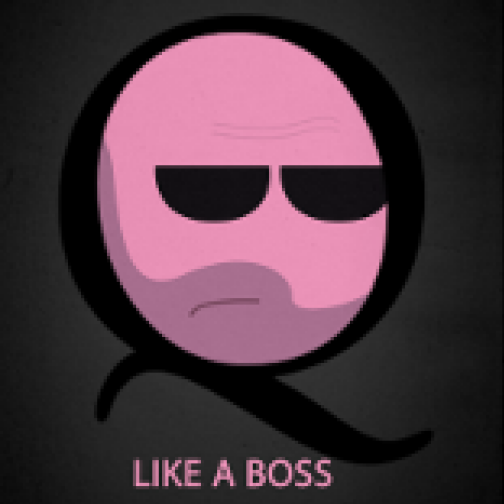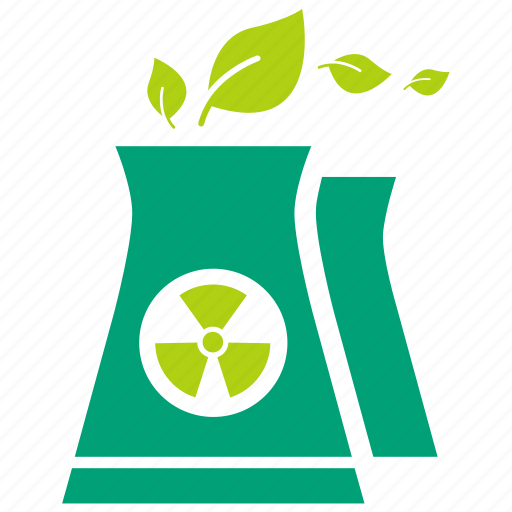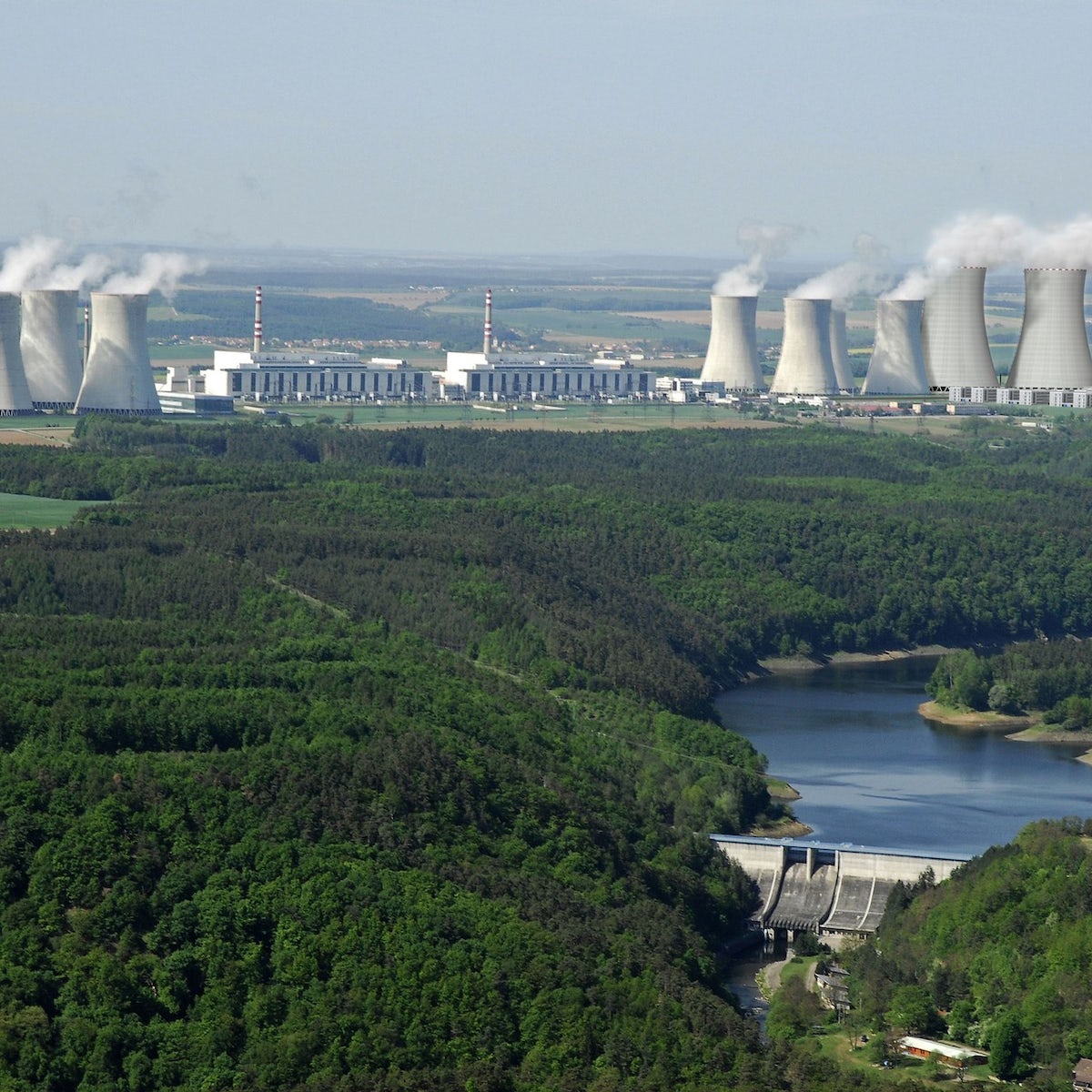Prague hopes to cut down new-build costs via a ‘package’ deal.
The Czech government announced on Wednesday (31 January) that it will be seeking binding bids from two technology vendors, France’s EDF and South Korea’s KHNP, for the construction of up to four new reactor units at the existing Dukovany nuclear power station.
The announcement means the government has changed its approach to new-build as it was previously looking for binding bids for a single new 1,200-MW Dukovany unit with the possibility for non-binding offers for an additional three units split between the Dukovany and Temelin nuclear stations.
In October 2023, Elektrárna Dukovany II (Edu II), a wholly owned subsidiary of state utility ČEZ, received final bids for the construction of a new nuclear power unit at Dukovany, or Dukovany-5, from US-based Westinghouse Electric, EDF and Korea Hydro & Nuclear Power (KHNP). All three submitted initial bids in November 2022.
The government said yesterday that Westinghouse will not be invited to the next stage of the Dukovany tendering process for up to four units now because the US company “did not meet the necessary conditions”.
A statement said Westinghouse’s offer was not binding, which “makes it impossible” to assess it, while “the entity responsible for the quality of the project” was not clearly defined.
However, the government said “no one is eliminated” and the tender “will not be completed” until an engineering, procurement, and construction contract is concluded. “We do not exclude anyone from the tender, and the entire tender will only end when the contract with the selected supplier is signed.”
“At this time, we are contacting bidders who have submitted a binding offer for Dukovany-5 and non-binding offers for additional units to make those offers binding,” said the statement. “Westinghouse has not yet submitted a binding offer in accordance with the solicited documentation.”
Four Units Possibly Cheaper Than One
Czech prime-minister Petr Fiala told journalists at a press conference yesterday that building up to four new reactor units “in one package” is economically advantageous and estimated to push the total cost down by 25%.
According to the government, savings can be made by synergies in preparation, such as engineering, increased order quantities, and optimised construction, where heavy equipment, site equipment, accommodation capacity, and logistics can be used more efficiently across several reactor units.
Fiala said his country will decide on the number of new reactors to build after comparing all bidders’ binding offers.
Finance Minister Zbyněk Stanjura told journalists that the government’s decision will help clarify the final price for the potential construction of additional reactors by the end of May, along with obtaining necessary guarantees.
“This will improve our negotiating position and eliminate the risk of price gouging,” Stanjura said.
The government said vendors will now have until 15 April to submit their binding bids for four new reactor units, while a review process is scheduled to take a month with results announced in late May. A contract with the selected supplier is then expected to be signed in March 2025.
The tender pushback will not affect the new-build project’s timeframe which foresees a new Dukovany-5 unit to come online in 2036, according to the government.
In 2020, the Czech state, which holds a 70% stake in ČEZ, approved plans to give an interest-free loan for to finance Dukovany-5. Estimations at the time said the loan would be valued at about €7.5bn ($8,1bn).
In 2021, the state also approved a model to buy electricity from the new unit at a fixed price for 30 years, with consumers making up the difference if that price is higher than wholesale market prices. The support schemes are currently being reviewed by the European Commission under the requirements of European Union rules.
The government said yesterday that a financing model for an addition three reactor units has not yet been decided. The investor model and future relations between the state and ČEZ is “particularly important” for the decision on the construction of additional reactors, said the government.
A new working group on financing additional units is expected to be formed by the end of 2024, a press conference was told yesterday.
Existing And New Nuclear Essential For Czech Energy Mix
The Czech Republic has six commercially operational reactor units: four Russia-designed VVER-440 units at Dukovany and two larger VVER-1000 units at Temelín. According to the International Atomic Energy Agency, in 2022 the six units provided 36.7% of the country’s electricity production.
The government confirmed new nuclear will be help ensure the security and stability of electricity supplies at affordable prices to citizens and companies in the future, and also replace retiring capacities at Dukovany later this century.
Construction of a first new unit at Dukovany could begin in 2029. The new unit will be built next to the existing power station where all four units began commercial operation between 1985 and 1987.
Earlier on, state-owned companies from China and Russia were excluded from bidding on security grounds.
All bidders in the Czech nuclear new-build programme have demonstrated their technologies overseas. Westinghouse’s AP1000 PWR operates at two sites in China and one in the US, EDF’s EPR is operational in Finland and China, while KHNP has deployed its APR-1400 design in the UAE, and domestically. In the Czech Republic, both EDF and KHNP are seeking to deliver a reduced 1,200-MW versions of their flagship technologies.



Did someone say tenders???